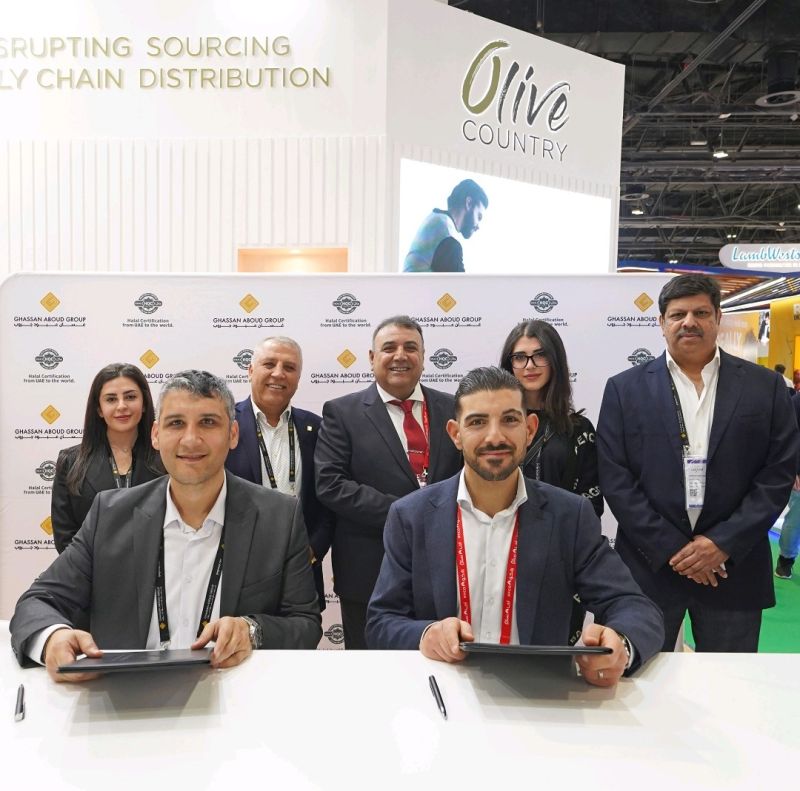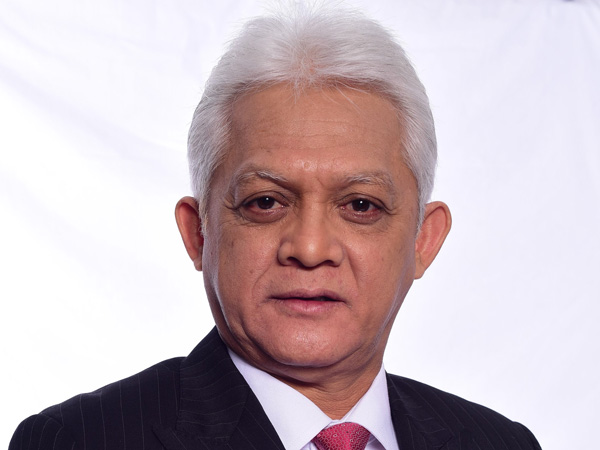By Geraldine Chahine, Radio Lite RM
A group of scholars in the UK has created what they say is a halal certification program that has the potential to become the international standard for the global food industry and make life easier for the world’s 1.6 billion Muslim consumers.
The Halal Authority Board (HAB) in the UK has designed what they say is a “realistic and practical” certification scheme that regulates the production of halal products in accordance with Islamic law and modern food processing.
The hope is that a worldwide, uniform standard would streamline the process for halal food production and end the confusion among consumers who are confronted with a patchwork of different standards in the market, says HAB.
The main pillars of the certification program will include the production, processing and preparation of halal foods, particularly meat.
The HAB’s certification program has the backing of 950 of the UK’s 1,400 mosques. The Shariah board itself is made up of 13 Islamic scholars who represent a wide cross-section of the Muslim community.
The system will also be overseen by third-party certification group Cert ID Europe.
Article 2
Partnership promotes a global halal certification www.canadianmanufacturing.com
Nuneaton, U.K. – Certification groups have formed a partnership to offer a new worldwide standard for Halal certification for the food industry.
Cert ID Europe, a U.K.-based certification business, and the Hijaz Group of Saudi Arabia recently formed the Halal Authority Board (HAB) to offer this new standard for food and beverage producers.
A story on FoodNavigator.com reports that currently Halal certification standards are not all the same. In addition, there is no one type of Muslim consumer – even among that community there are different opinions on what constitutes Halal.
On top of that, Halal requirements are based on the Koran and Sharia laws that date back more than 1,500 years. So producing Halal foods in today’s world is not as simple as it seems.
Clear guidelines
HAB’s new standard offers the industry realistic and clear guidelines, which it says is especially useful for a market that is estimated to be worth more than US$600 billion and includes more than 1.6 billion consumers worldwide.
The standard was created with 13 well-known Islamic scholars to represent a wide cross-section of the Muslim community, reports FoodNavigator.com.
HAB says the new standard also brings together different Halal standards from around the world, “giving full assurance to Muslim consumers that the products are Halal wherever they are in the world.”
The standard sets out guidelines on all aspects of production, including food health and safety regulations, storage, delivery, cleaning and cleansing, which takes into account scientific developments to prevent contamination from pork and other unacceptable derivatives.
Currently, there are five modules covering:
1. Primary Production of Livestock;
2. Primary Processing of Livestock, which includes guidelines on cleaning and cleansing; slaughter of livestock, packaging and labelling.
3. Further Processing;
4. Logistics;
5. Foodservice, which covers the preparation of Halal foods.



